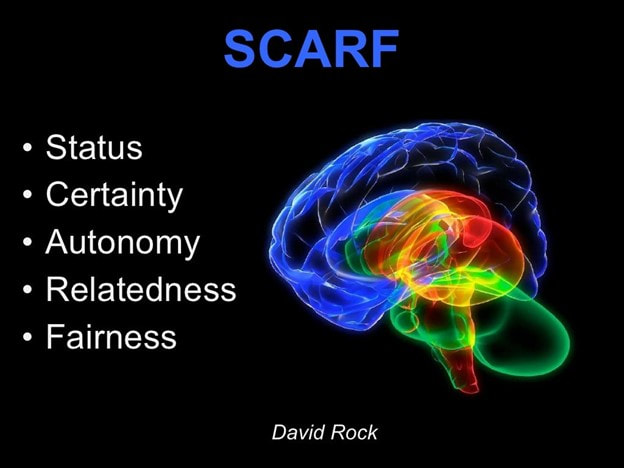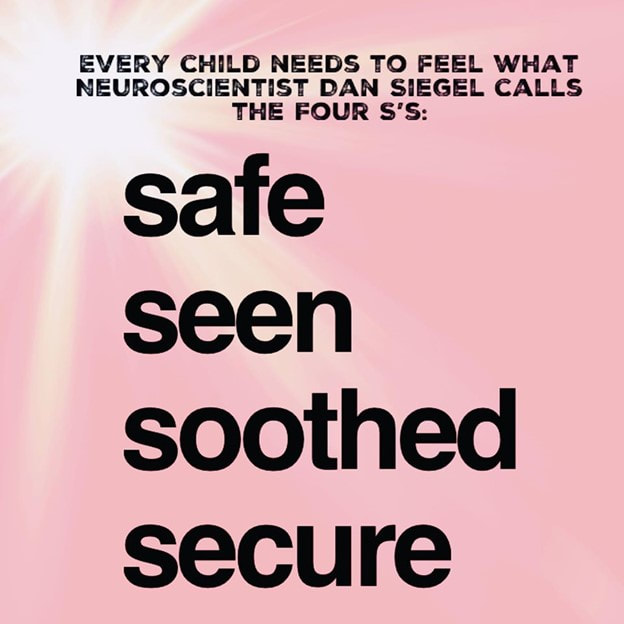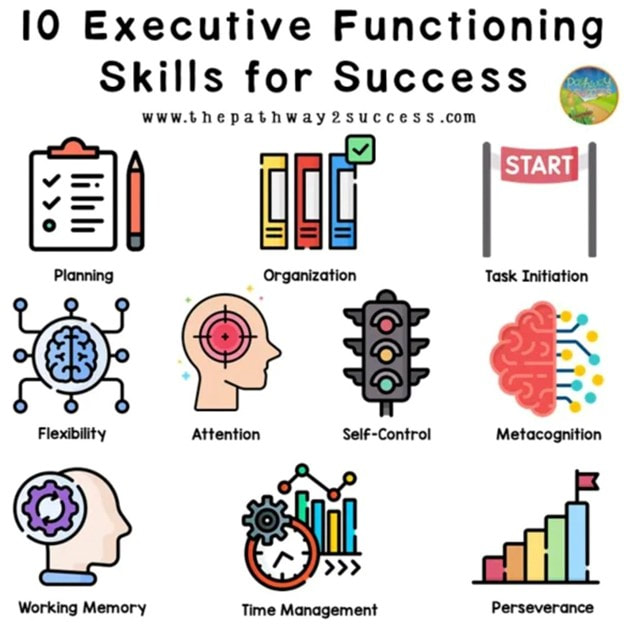|
All behavior is communication. When someone is behaving in a way that is out of the ordinary, we often question why or ask, “what’s wrong with them?” Whether it is an adult or a child, all behavior is communication. What is it communicating? Normally the answer is an unmet need or an undeveloped skill. Let’s spend a few minutes examining those needs and skills. As humans, our most basic needs physically are food, water, shelter, and rest, while our most basic emotional need is to feel connected to other people. The acronym HALT is an easy way to remember these and to ask what someone (or you) might need. Additional needs include the need to have autonomy, certainty, and fairness. SCARF is a good acronym to remember these needs. Think about how you were feeling in March and April of 2020. With the start of the global pandemic and the lockdowns, there was so much uncertainty in our world. Our autonomy was curtailed by safety measures. It was harder to be in relationship with others when we couldn’t leave our homes or spend time with those we love. I love using the work of Drs. Tina Payne Bryson and Dan Siegel to think about relationships. Their book The Power of Showing Up about attachment provides a great guide for what we all need to feel secure in our relationships with others. While their graphic says, “every child needs…,” in reality, all humans need to feel safe, seen, and soothed in order to develop secure relationships with others. Take a few minutes to think about what makes you feel safe physically and emotionally? What does it mean to feel seen by others? How do you calm yourself in times of stress (soothed)? My hero Dr. Bruce Perry’s work focuses on trauma and how it changes the brain. He focused on ways to heal trauma, and it’s the same things that make us feel soothed – rhythmic repetitive motion. This could be walking, swinging, rocking, listening to music, jumping on a trampoline, coloring, journaling, painting, crocheting or knitting, or just being in nature. Were any of these things answers of how you calm your brain in times of stress? When we think about undeveloped skills (or underdeveloped skills), normally these skills are those of executive function. These skills “live” in our prefrontal cortex, the last part of our brain to fully develop. New research shows this part of our brain is not fully developed until somewhere between age 25 and 30. This is the part of our brain that undergoes massive redevelopment during adolescence, which explains a lot about adolescent behavior! One of my favorite speakers about executive function skills is Dr. Ann-Louise Lockhart. Here’s a video of her talking about these skills: https://www.youtube.com/watch?v=1yBk326GRXo
We all have times when we have unmet needs. The best way for all of us to approach each other is with curiosity and not judgment.
1 Comment
|
To follow this blog, use your RSS Feed Reader and search: thriveflinthills.com/2/feed
|
 RSS Feed
RSS Feed





